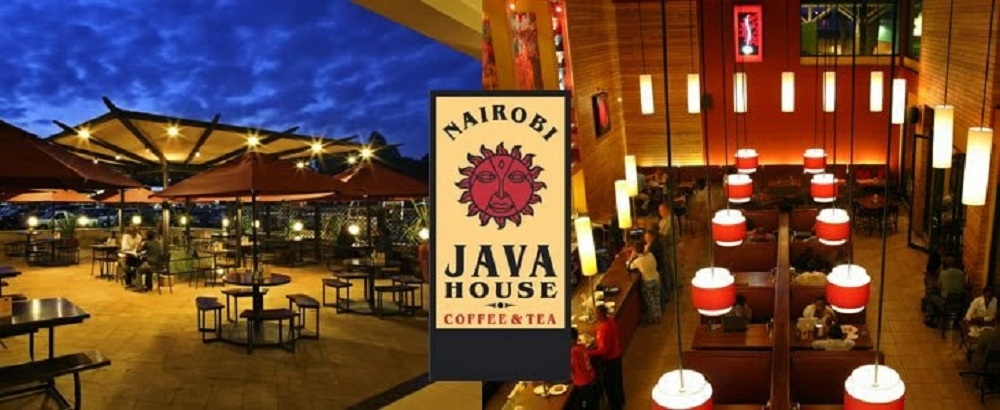A good number of businesses in the country have shown resilience this year despite a tough operating environment resulting mainly from unstable political climate.
Kenya has had a lengthy electioneering period this year affecting business, with a political standoff between President Uhuru Kenyatta and his rival Raila Odinga stretching for months. However, Kenyatta was finally sworn in after two controversial presidential polls.
From hotels to supermarkets, real estate, banking and petroleum sectors, businesses have recorded some growth, offering a silver lining in a year that was bad for many.
The growth was mainly registered through rising number of customers for businesses like hotels to acquisitions in the case of banks.
The positive development recorded amid uncertainty in Kenya’s political environment points to confidence in the Kenyan market.
In the hospitality sector, hotels at the Coastal region recorded high tourist bookings, with the rise attributed to the improved infrastructure following the launch of the standard gauge railway.
“We recorded 80% bed occupancy in the last few months, compared to 35% in June this year,” said PrideInn Hotel managing director Hasnain Noorani recently.
Other hoteliers at the Coast have also recorded increased occupancies in the last months attributable to events like the Safari Rally, which kicked off mid-November attracting both local and international tourists.
This trend highlights not only the recovery of the tourism sector, but also the increase in domestic tourism, according to Cytonn, a Nairobi based investment firm.
Business in the hospitality sector, noted Cytonn, showed an upward trend in the first half of 2017 despite the political environment.
There was a 13 percent growth in international arrivals and a 0.5% increase in accommodation and food services.
“We expect continued recovery in the hospitality sector in 2018, given the improved security, growth of domestic tourism with Kenyans accounting for 54 percent of total bed nights and aggressive government marketing by Kenya Tourism Board,” said Cytonn.
Still in the hospitality sector, local coffee chain Java House opened two branches in the second half of the year in Nairobi showing growing business.
In the retail sector, Kenya has attracted several foreign firms among them Carrefour, Game and Choppies, with the newcomers expanding and taking over space once occupied with local businesses.
French retail giant Carrefour and South Africa’s Game have this year taken up space at various malls in Nairobi previously occupied by Nakumatt, a local supermarket that is facing financial turbulence.
The growth of Kenya’s retail sector, according to analysts, is being driven by three things, mainly a rising middle-class with higher purchasing power, a robust macroeconomic growth with an average GDP growth of about 5 percent over the last five years and poor corporate governance that led to poor performance of some of the local players thus opening up an opportunity for foreign retailers into the market.
Kenya is the second largest retail economy in the sub-Saharan Africa after South Africa with an estimated 60% penetration, according to Nielsen Research firm.
In the banking sector, despite a challenging environment following the capping of interest rate, some banks like Diamond Trust Bank expanded by acquiring Habib Bank Ltd, with the deal being finalized in the third quarter of 2017.
READ: Kenya faces Sh103b annual shortfall for universal health coverage
Analysts had expected more consolidation in 2017, however, smaller banks have managed to stay independent pointing to stabilizing and improved business in the sector.
Henry Wandera, an economics lecturer in Nairobi, noted that the expansions in various sectors showed that it has not been all gloom for businesses in the country.
“Certainly 2017 has been tough for businesses in Kenya but not as tougher as many people made us believe. The coming of foreign supermarkets into the market, the setting up of new branches by banks and other businesses, the rising number of customers for hotels at the Coast show that Kenya’s economy is resilient,” said Wandera.
Wandera noted that several companies like telecom Safaricom and some banks have recorded increased profits this year, pointing to better times in 2018.

